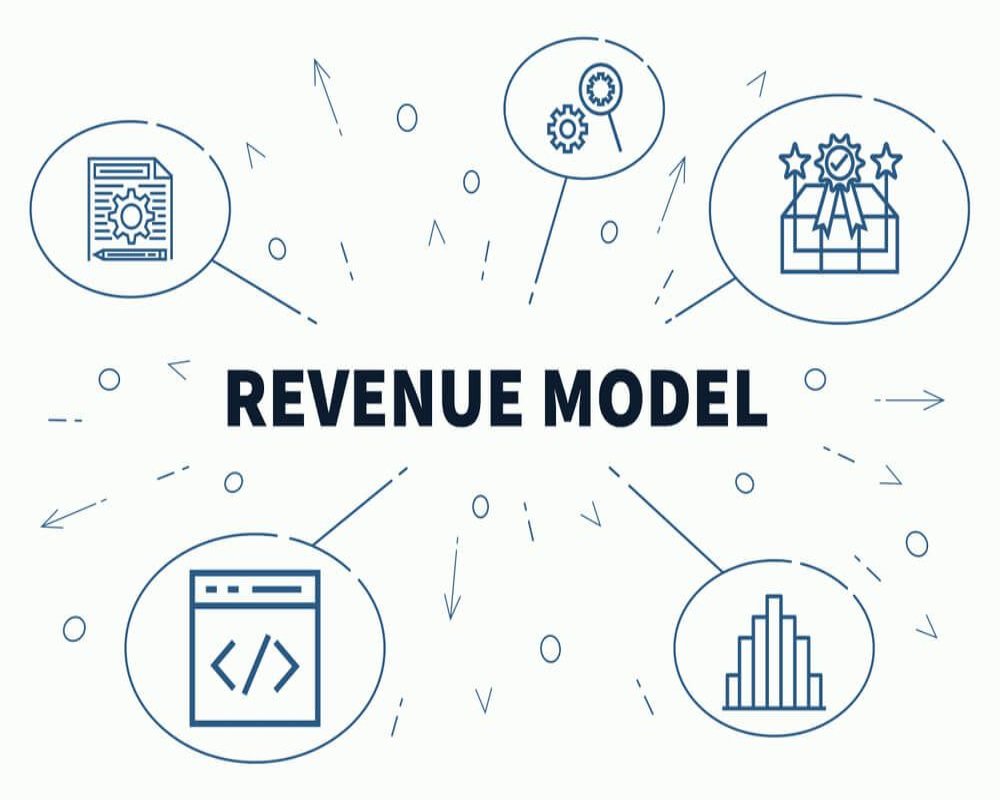Introduction
Revenue models describe how a business generates income through the sale of its products, services, or solutions. In the industrial sector, revenue models are critical frameworks that determine the financial structure and sustainability of enterprises engaged in manufacturing, energy production, logistics, infrastructure, and other capital-intensive activities. Unlike retail or digital sectors, industrial businesses often deal with complex supply chains, long sales cycles, and high-value transactions. As a result, their revenue models are tailored to reflect these unique operational realities while ensuring stable cash flow, profitability, and long-term growth.
Characteristics of Industrial Revenue Models
Industrial revenue models are typically built around business-to-business (B2B) relationships, where transactions involve large volumes, negotiated contracts, and repeat purchasing. These models emphasize value creation through efficiency, customization, and reliability, rather than mass market appeal. In many cases, revenue is not derived from a single sale but through ongoing agreements, long-term service provisions, or performance-based contracts.
Another defining characteristic is the reliance on capital goods and project-based services, which require specialized pricing, milestone-based payments, and significant pre-sale engineering or consultation. Consequently, industrial revenue models must accommodate extended production timelines, technical risk-sharing, and tailored client needs.
Product Sales and Asset-Based Revenue
One of the most traditional revenue models in the industrial sector is the direct sale of products such as machinery, equipment, raw materials, or finished goods. This model generates revenue based on unit sales at agreed prices, often supported by volume discounts, delivery schedules, and post-sale warranties. These transactions may be structured through one-time sales or bulk procurement contracts with pre-defined payment terms.
In some cases, particularly in sectors like heavy machinery or industrial vehicles, revenue is generated from leasing or renting assets instead of outright sales. This model provides recurring income and is especially attractive to clients who prefer asset-light operations. It also allows manufacturers to retain ownership and generate revenue throughout the asset’s lifecycle.
Service-Based and Maintenance Contracts
Service-based revenue is a growing model in industrial markets, particularly where equipment reliability and operational continuity are critical. Companies offer installation, maintenance, repair, and upgrade services under fixed-term or usage-based contracts. This model creates a steady stream of recurring revenue and strengthens customer relationships by embedding the provider into the client’s long-term operations.
In some advanced applications, predictive maintenance services are offered using data analytics and IoT systems, allowing companies to charge for uptime or performance outcomes. These contracts often include service level agreements (SLAs), which link revenue directly to results delivered.
Project-Based and Turnkey Solutions
Many industrial businesses generate revenue through project-based work, particularly in engineering, construction, energy, and infrastructure sectors. These projects involve designing, building, and delivering complete systems or facilities, with revenue recognized based on completion milestones or the percentage-of-completion method.
Turnkey contracts, where the provider handles everything from design to commissioning, represent a comprehensive revenue approach. Payments in these models may be split into stages—such as advance payment, progress payments, and final settlement—aligned with project timelines and deliverables.
Licensing and Technology Transfer
Industrial companies engaged in research and development may generate revenue by licensing their technologies, designs, or processes to other manufacturers or partners. In this model, revenue comes from licensing fees, royalties, or usage-based charges. Technology transfer agreements are especially common in high-tech manufacturing, chemicals, energy systems, and automation, where proprietary knowledge holds significant value.
This model allows companies to scale their innovations without investing heavily in physical production capacity while monetizing their intellectual assets over time.
Subscription and Performance-Based Models
In response to changing market dynamics and digital transformation, some industrial businesses are adopting subscription-based revenue models. This is particularly evident in software-as-a-service (SaaS) platforms for industrial automation, monitoring, and analytics, where clients pay recurring fees to access tools that support their operations.
Performance-based models are another innovation where payments are tied to the achievement of predefined outcomes—such as energy savings, waste reduction, or equipment efficiency. These models shift risk from the client to the service provider and encourage alignment of interests, often resulting in long-term partnerships.
Hybrid Revenue Approaches
Given the complexity and diversity of industrial operations, many businesses adopt hybrid revenue models that combine product sales, services, and performance-linked elements. For example, a company might sell industrial equipment, offer maintenance services, and provide digital monitoring tools on a subscription basis—all within a single client relationship. These integrated models enhance customer value, extend revenue cycles, and support differentiation in competitive markets.
Conclusion
Revenue models for industrial businesses are designed to reflect the sector’s operational depth, capital requirements, and client relationships. Whether built on direct sales, services, leasing, projects, or licensing, each model supports different strategies for value creation and revenue generation. As technology advances and client expectations evolve, industrial firms increasingly explore innovative and flexible revenue approaches that promote recurring income, deeper engagement, and long-term sustainability. A well-structured revenue model not only ensures financial health but also defines how an industrial enterprise competes, grows, and delivers value in a dynamic economic environment.
Hashtags
#RevenueModels #IndustrialBusiness #BusinessStrategy #FinancialPlanning #B2BMarketing #ProfitMaximization #BusinessGrowth #IndustrialRevenue #SustainableBusiness #ValueCreation #MarketAnalysis #BusinessInnovation #RevenueStreams #OperationalEfficiency #IndustryInsights #FinancialSuccess #BusinessDevelopment #StrategicPlanning #RevenueOptimization #ManufacturingExcellence


